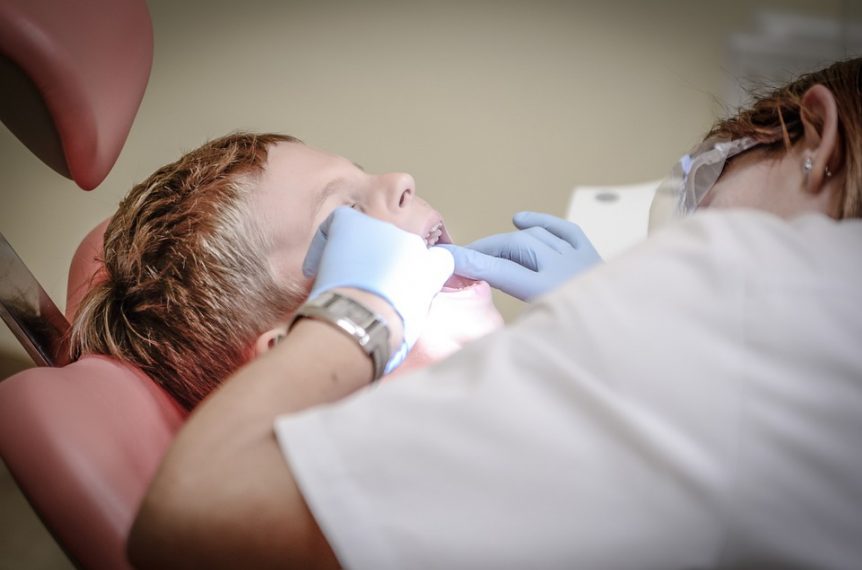Some people don’t have wisdom teeth, but most do. They tend to come through much later than other adult teeth, usually during the late teens or early twenties, and there’s always a chance they might become impacted.
Impacted wisdom teeth are usually a result of too little space in the mouth. They do not fully erupt, instead sitting half in and half out of the gumline. In some cases, impacted wisdom teeth don’t present any signs, but it’s important to keep your eye out for symptoms to avoid the potential oral health issues associated with impacted wisdom teeth.
Here are just four of the most common symptoms.
- Pain or Discomfort
Pain is probably the most common sign of an impacted wisdom tooth. When one comes through at a poor angle or into too crowded a space, pain and discomfort can result, especially when you need to chew on something tough. Instead of simply going away if you ignore it, pain from an impacted wisdom tooth will usually start radiating to other teeth.
In fact, the habit of damage and pain caused can be more intense if you have the habit of grinding or clenching teeth. This can lead to more erosion of the enamel, contributing to a weakened structure, and higher tooth sensitivity.
- Swelling
At first, swelling is usually just a sign of irritation, but it can also be a sign of infection, especially when accompanied by stabbing pain. Impacted wisdom teeth open a path under the gumline, which increase the chance of infection. In fact, you might see swelling spread to the glands in your shoulder and neck – if this happens, you should see a dentist in munster, in (or one near your home) as soon as possible.
- Tender Gums
Impacted wisdom teeth, which fail to emerge fully and become trapped beneath the gumline, can exert significant pressure on the surrounding gums. As a result, the gums may become sensitive and prone to bleeding when touched, leading to discomfort and tenderness. Initially, individuals may notice bleeding, discomfort, and tenderness when brushing and flossing in the affected area. As the impacted teeth continue to exert pressure, the symptoms can worsen, leading to swelling, inflammation, and difficulty in opening the mouth fully. If left untreated, impacted wisdom teeth can create pockets between the teeth and gums, promoting bacterial growth and potential infection. Seeking prompt dental evaluation and possible removal of impacted wisdom teeth from a provider of emergency dentistry greenwood or a similar practice elsewhere is crucial to alleviate symptoms, prevent further complications, and ensure optimal oral health.
- Bad Breath
Impacted wisdom teeth leave gaps between the tooth and gums. In some cases, they may come through at angles which make them hard to clean using a toothbrush. In either case, pockets are formed where food can get trapped, and it will start to decompose when you aren’t able to get rid of it. This often leads to bad breath.
If you think your wisdom tooth may be impacted, get in touch with a dentist today.
- Best learning toys for children as they age - July 19, 2023
- Luxury yacht charter vs. standard yacht charter: Which is right for you? - February 7, 2023
- Comfortable Shoes for Being on Your Feet All Day - January 10, 2023

Like It? Share It!